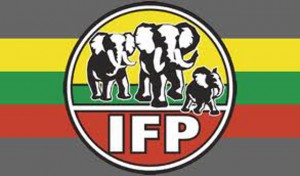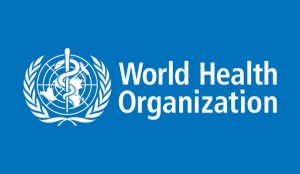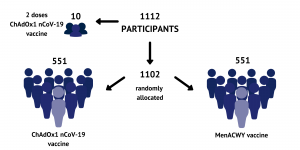In the Free State there are various municipalities that are in such grave financial crisis that conditional infrastructure grants are used for operational costs, salaries cannot be paid and compulsory salary deductions to third parties, such as SARS and pension funds cannot be made.
A prime example of this is Mafube Local Municipality that currently owe the pension fund R 16,63 million; SARS R 4,24 million and other salary transfers to an amount of R 1,75 million. The current bank balance of Mafube is just over R 100 000, whereas, they owe their creditors more than R 133 million. Mafube does not pay its employees on time and uses conditional grants for operational expenses.
During the past two weeks numerous municipalities have appeared in front of the Public Accounts Committee of the Free State Legislature, to discuss their 2012/13 audit outcomes.
The state of municipalities within the Free State is tremendously worrying. All the municipalities have exorbitantly high outstanding debtors and creditors with very little to non-existent cash flow. The amount of irregular, fruitless and wasteful expenditure by municipalities is very high and in general increases annually.
Matjhabeng Local Municipality owes its creditors more than R 1,48 billion, whilst their outstanding debtors amount to R 1,49 billion and their bank balance is currently R 3 million. Mangaung Metro Municipality has outstanding debtors of R3,14 billion. Ngwathe Local Municipality owes Eskom more than R 271 million and has outstanding debtors of R 630 million. Maluti-A-Phofung Local Municipality owes its creditors more than R 528 million and has outstanding debtors of more than R 815 million.
Municipalities have allowed outstanding debtors to become exorbitantly high, because of political sensitivity and the fear of upsetting ANC-voters. This short sightedness has led to a complete crisis on local government level. The backlog of payments to creditors are far greater than the equitably share to be received in the coming year. South Africa is on a fiscal abyss taking into account the greatest budget deficit in her history and therefore the equitable share of municipalities becomes smaller.
Poor financial management, politicking and affirmative action are directly responsible for the inadequate service delivery on municipal level.
The ANC led government has plummeted municipalities into an insurmountable black hole and without the necessary political will and knowledge this crisis will remain unresolved and even worsen.









